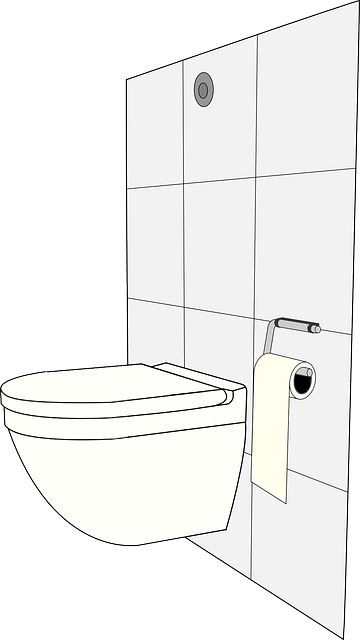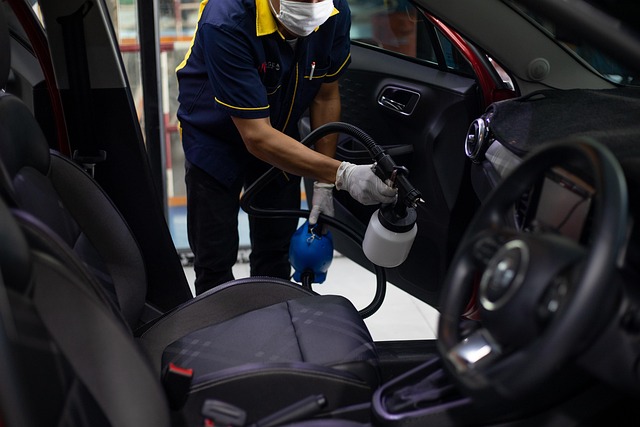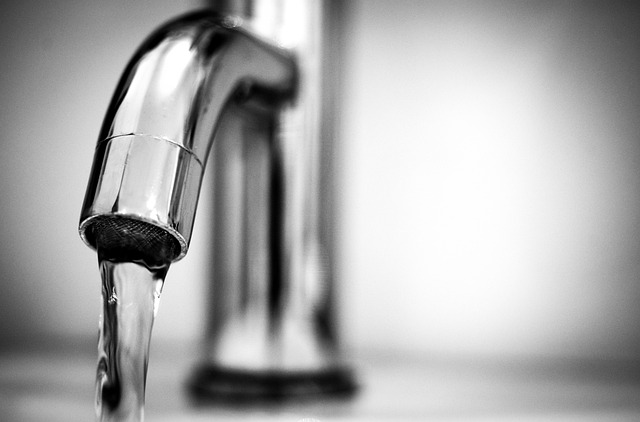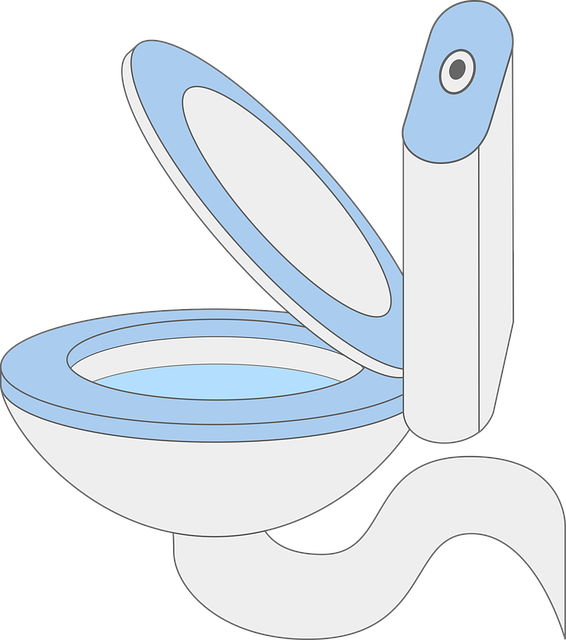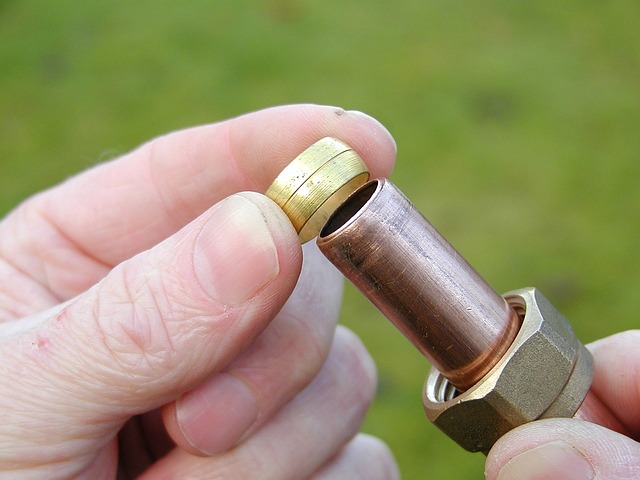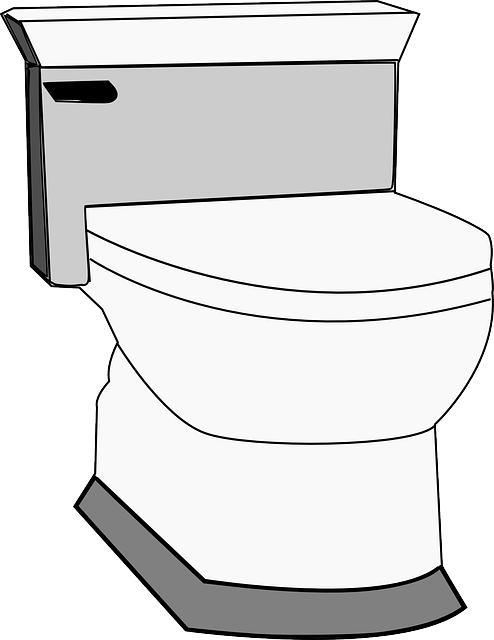Regular inspections in diverse environments are vital for addressing non-degradable pollution sources like synthetic plastics, tracking pollution origins, and implementing targeted solutions. These checks also maintain efficient plumbing systems by preventing damage from non-biodegradables and promoting responsible flushing practices. To avoid flushing harmful items, schedule regular inspections, educate on flushable items, use drain covers, opt for eco-friendly alternatives, and support recycling efforts to foster a sustainable cycle and protect ecosystems for future generations.
In today’s world, understanding the impact of flushing non-degradable items is crucial. This article explores the environmental implications and provides a comprehensive guide to responsible waste disposal practices. We delve into key aspects such as identifying non-degradable materials, the importance of regular inspections, and practical steps to prevent their introduction into plumbing systems. By adopting long-term sustainable practices, we can protect our ecosystems and ensure a healthier future. Regular inspections play a vital role in navigating this challenge.
- Understanding Non-Degradable Items and Their Impact
- The Role of Regular Inspections in Identifying Issues
- Practical Steps to Prevent Flushing Non-Degradable Materials
- Long-Term Benefits of Responsible Waste Disposal Practices
Understanding Non-Degradable Items and Their Impact
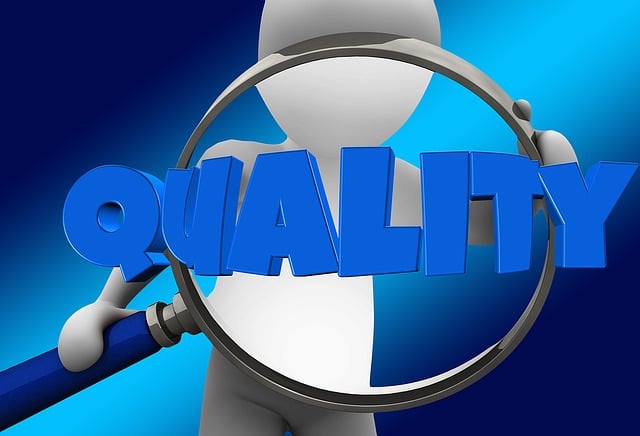
Non-degradable items are those that do not break down naturally over time, posing a significant challenge to our environment. These items, often made from synthetic materials like plastic, can persist in the ecosystem for hundreds or even thousands of years. Regular inspections play a crucial role in identifying and mitigating the impact of these non-degradables. By conducting thorough checks in various environments, from waterways to public spaces, we can uncover hidden accumulations of plastic bottles, bags, and other pollutants.
This practice allows us to understand the extent of the problem and take targeted action. For instance, regular inspections might reveal hot spots where non-degradable waste accumulates, prompting local authorities or community groups to implement recycling programs or clean-up initiatives. Furthermore, these inspections can help track the source of pollution, whether it’s from industrial activities, littering, or inadequate waste management systems.
The Role of Regular Inspections in Identifying Issues
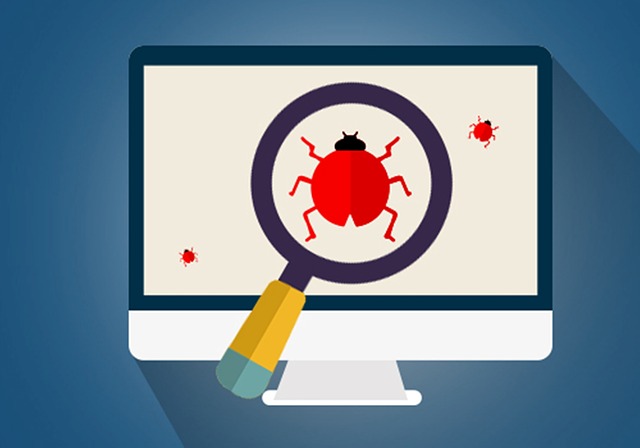
Regular inspections play a pivotal role in identifying issues related to flushing non-degradable items down the drain. These routine checks allow maintenance teams to spot potential problems early on, preventing minor issues from escalating into major crises. By conducting thorough inspections at regular intervals, professionals can assess the condition of pipes, fixtures, and other plumbing components, ensuring they are functioning optimally. This proactive approach enables timely intervention, averting clogs, leaks, or even more severe damage caused by non-biodegradable materials.
Moreover, regular inspections provide an opportunity to educate users about the impact of their actions. Signage, awareness campaigns, and user guidance can be integrated into these checks, emphasizing the importance of only flushing degradable items. This dual approach—identifying issues through inspections and raising awareness—is a powerful strategy in the ongoing battle against non-degradable waste entering drainage systems.
Practical Steps to Prevent Flushing Non-Degradable Materials

To prevent flushing non-degradable items, it’s crucial to implement practical steps that promote responsible plumbing habits. Regular inspections of your home’s plumbing system and drains are a good starting point. By scheduling routine check-ups with a professional plumber, you can identify potential issues before they become serious. During these inspections, experts can assess the condition of pipes, sinks, and toilets, ensuring nothing is blocking the flow of water or causing damage.
Additionally, educating yourself and your family about what should and shouldn’t be flushed down the drain is vital. Avoid disposing of non-biodegradable materials like plastic bags, disposable wipes, sanitary products, and cooking oils. Instead, find suitable alternatives—reusable bags, toilet paper, and eco-friendly cleaning products. Regularly clearing out trap doors under sinks and using drain covers can also prevent items from slipping down the drain unintentionally.
Long-Term Benefits of Responsible Waste Disposal Practices
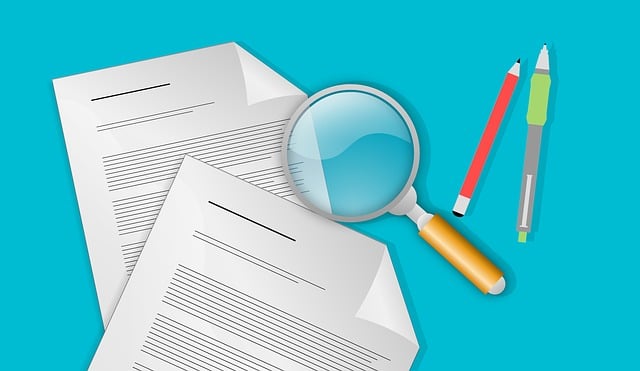
By adopting responsible waste disposal practices, we not only protect our environment but also ensure long-term benefits for communities and future generations. Regular inspections play a pivotal role in this process. These checks help identify and prevent non-degradable items from entering drainage systems or landfills, where they can persist for centuries. Items like plastics, certain chemicals, and even small electronic devices can cause significant ecological damage if not managed properly.
Responsible disposal practices, coupled with regular inspections, foster a sustainable cycle. They reduce pollution, conserve natural resources, and promote the recycling of degradable materials. This collective effort contributes to a healthier ecosystem, improves water quality, and minimizes the risk of toxic substances contaminating soil and groundwater. Such measures are essential in maintaining a balanced environment and ensuring that future communities inherit a cleaner and safer world.








